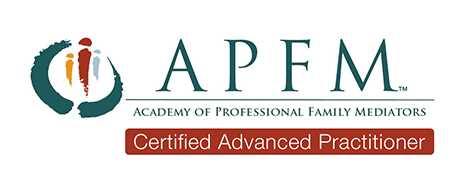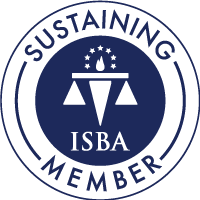 When conflict flares, do you face it head-on? Use every trick to shut it down? Or, run the other way? Whether you face, fight, or flee, your reaction largely determines whether the issue gets resolved–or emerges, larger and more destructive, later.
When conflict flares, do you face it head-on? Use every trick to shut it down? Or, run the other way? Whether you face, fight, or flee, your reaction largely determines whether the issue gets resolved–or emerges, larger and more destructive, later.
Three habits make all the difference.
First, understand that conflict is the natural result of different people relating to each other. We enter relationships to find points of commonality and sharing. We celebrate these.
Before long. though, we also find where we don’t fit together. As differences emerge, resulting conflict forces people to consider how to accommodate each other’s needs in order to grow stronger together. Conflict becomes the crucible where connection is strengthened as individuals find ways to choose the “we” over the “me.” Because it forces individuals to find ways to grow and adjust, conflict can be as good for relationships as connection. If handled with these 3 habits.
Habit 1–Take a deep breath and consider, “Is this fight worth it?”
Some people love the fight. Every difference of opinion is worth debating. To the death.
Others avoid conflict like the plague.
The first step to successfully resolving issues is to consider–is this fight worth it?
Fighting every battle loses credibility–and relationships. When winning matters more than others’ needs or differences, the relationship gets consumed in the pursuit for higher ground. Yet, just as destructive are those who care more about avoiding discomfort than making the relationship work. While fighters must learn when to let go–avoiders must learn when the relationship is worth raising and working through differences.
An issue is worth addressing when an ongoing pattern:
- interferes with your ability to related honestly and openly with the other person,
- compromises the significance or security of either person,
- breaks trust.
Everything else becomes an opportunity to enjoy differences and kindly put up with each other.
Habit 2–Focus on one issue at a time
On Monday, Ted forgot to make lunches for the kids in his rush out the door. Maria made the lunches–and missed her first meeting. When Maria got home, she found a notice that the mortgage was overdue. She meant to ask Ted what was going on when he got home, but he arrived just as she set dinner on the table. Then, he blew up when the toddler spilled her milk. The milk was the last straw. As soon as the kids were in bed, Maria unleashed. After two hours of tears and argument, neither knew what they were fighting about. In exhaustion, they called a truce and Ted headed to the couch.
Addressing multiple issues at once–dump trucking–leads couples in circles. Instead, Maria could have said something like,”Ted–we need to talk about several different areas that are creating problems. I’d like us to talk about how to work together as a team to make mornings flow smoothly, how to track our bills to ensure more financial security, and finding an agreed approach for engaging the children. Which would you like to talk about first?”
This lets Ted know the variety of issues at stake, but lets the couple focus on one at a time.
Habit 3–Make the problem the enemy, not each other.
Instead of focusing on how the other person is failing you, focus on how the issue is dividing you.
- The hectic morning schedule creates friction and hurt feelings. How can the two of you team up to defeat the morning rush?
- What makes getting the bills paid on time so challenging? How can you blend strengths to create a financial strategy that gets bills paid, builds security lets you begin enjoying some extras as well?
- What character do you together want to instill in your children? How does your combined parenting demonstrate these traits?
When you make the problem the enemy, your relationship blossoms as you join forces to defeat it.
Relationships mean conflict. These habits help you use conflict to draw closer and build deeper bonds.





